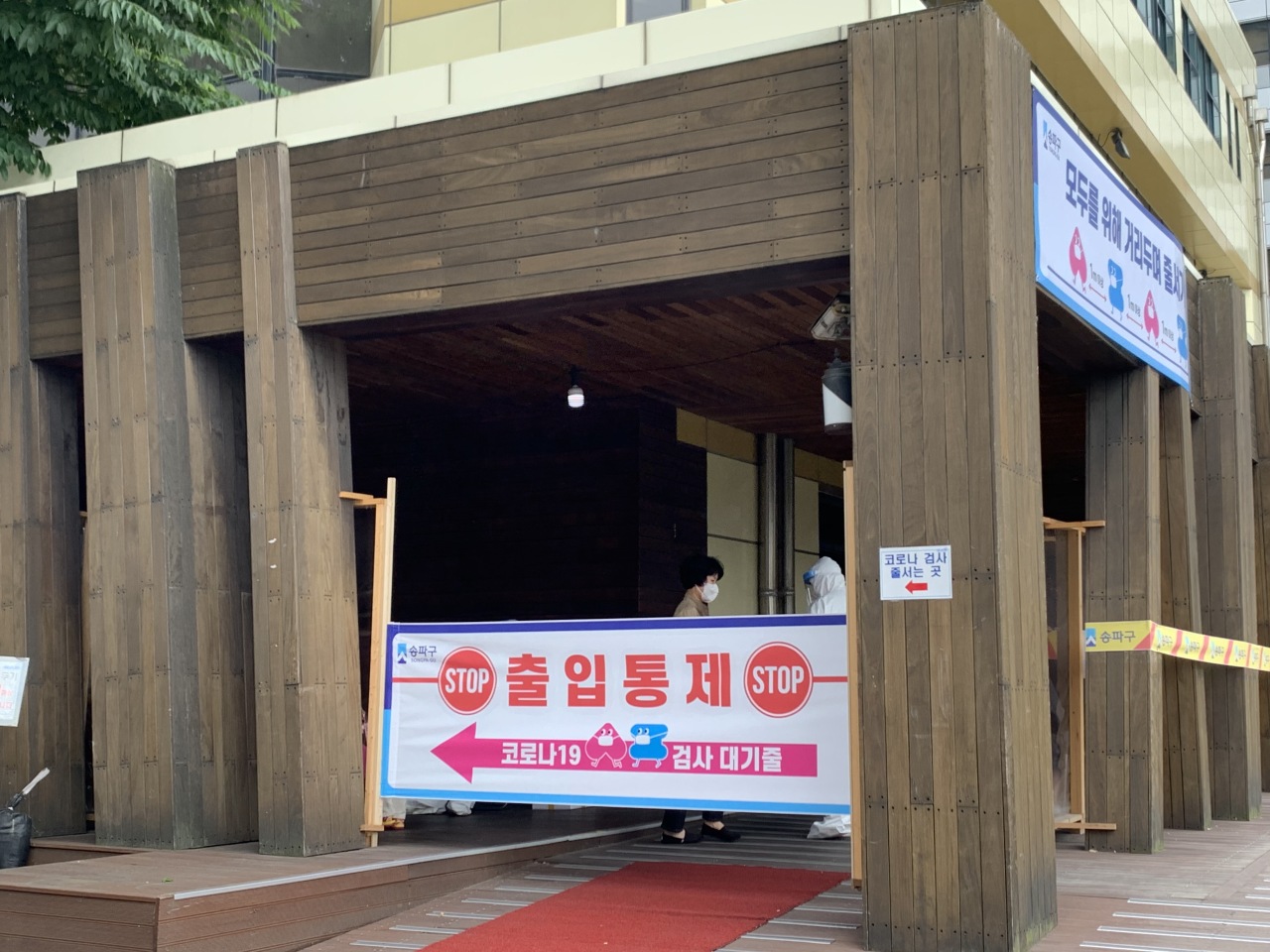Vaccine incentives fan hopes for return to normal
But early mask exemptions and low compensation for vaccine injuries could slow transition
By Byun Hye-jinPublished : June 8, 2021 - 14:53

Hopes of a return to a pre-coronavirus normal are being fanned by COVID-19 vaccine incentives packages.
Various incentives for vaccinated people, such as eased gathering restrictions, are being welcomed by citizens who say the measures will help provide some relief from prolonged restrictions.
The vaccine incentives allow people who have had at least one shot of coronavirus vaccine to engage in larger family gatherings and religious events. They can go outside mask-free from July. Fully vaccinated people will be exempt from prohibitions on social gatherings of five or more people.
According to a survey conducted by the Ministry of Health and Welfare’s Central Disaster Management Headquarters in late May, 7 out of 10 people answered that they wanted to get vaccinated. It was a sharp increase by 7.8 percentage points compared to last month’s 61.4 percent.
“Of course many factors such as expectations of vaccine effectiveness and concerns about abnormal reactions affect the decision making process of getting inoculated. The disease control authorities are making efforts to maintain transparency when sharing such information. We thank citizens for their participation in building a healthy community,” Choi Seung-woo, a deputy director of the Korea Disease Control Agency’s response management team told The Korea Herald.
Citizens have their own reasons to get vaccinated. Many who hesitated to register for COVID-19 vaccine shots earlier amid growing concerns about side effects have changed their minds.
“I had and still have concerns about COVID-19 vaccine side effects. But It has been deeply frustrating not being able to meet my family, relatives, and friends due to social distancing. But since the government exempt vaccinated people from limits on the number of people allowed in private gatherings, pleasure of meeting my friends outweighs possible side effects. So I plan to register for vaccination,” a 61-year-old Seoul resident said.
Hope among restaurant owners, who were among the hardest hit by social distancing measures, appears high.
“Since the social distancing rule started last year, my restaurant profit reduced by 30 percent on average,” the owner of a barbeque joint in Gwangjin-gu said.
“Profits took a great hit due to de-facto banning of ‘hoesik.’ But if the number of vaccinated people increases, I think it would be better for local restaurants. Preferably 10 p.m. curfew for restaurants and other public spaces could be lifted too,” he added. “Hoesik” is a term for work-related after-hours dinner and drinking parties, which mostly involve more than five people.
Still, concerns loom over some of the relaxed COVID-19 regulations. One of them is to allow semi-vaccinated people – those who have received one of two shots needed for full vaccination – to remove their masks when outside. Semi-vaccinated people could be exposed to COVID-19 as it takes at least two weeks after the second shot of vaccine to take effect. Even US and other countries limit those who can forego masks to only fully-vaccinated people.
But disease control authorities say the risk is reasonable.
“People in ‘outdoor settings’ are relatively safe from contracting COVID-19,” Choi Seung-woo said.
“Even so we are considering whether to maintain mask-wearing policy in outdoor events, rallies and concerts.”
Experts say the government is going out on a limb to reach “herd immunity” and return the country to a pre-coronavirus normal.
“Since people are frustrated with long-lasting restrictions such as social distancing and the economy plummets in COVID-19 shadows, the government is opting for relaxing regulations one by one after thorough consideration,” said Kim Yu-suk, the research professor at Graduate School of Public Health, Yonsei University.
With the vaccine incentives package, experts and disease control authorities have bright prospects to reach the goal to inoculate 36 million people, roughly 72 percent of total population in South Korea, by the end of this year.
“Korea has sufficient vaccine infrastructure. And since people don’t get to choose the type of vaccines, the vaccination process would be smooth. If there’s no glitch in supply and demand of vaccines, meeting the inoculation target is not a problem,” Kim Yu-suk said.
“For now, disease control authorities expect to vaccinate 13 million people by June as planned,” Choi Seung-woo said.
By Byun Hye-jin (hyejin2@heraldcorp.com)





![[K-pop’s dilemma] Can K-pop break free from ‘fandom’ model?](http://res.heraldm.com/phpwas/restmb_idxmake.php?idx=644&simg=/content/image/2024/05/09/20240509050541_0.jpg&u=20240509173751)




![[News Analysis] Yoon's first 2 years marked by intense confrontations, lack of leadership](http://res.heraldm.com/phpwas/restmb_idxmake.php?idx=644&simg=/content/image/2024/05/09/20240509050612_0.jpg&u=20240509233252)








![[Today’s K-pop] NCT’s Mark to drop 1st solo album in February 2025](http://res.heraldm.com/phpwas/restmb_idxmake.php?idx=642&simg=/content/image/2024/05/10/20240510050597_0.jpg&u=)